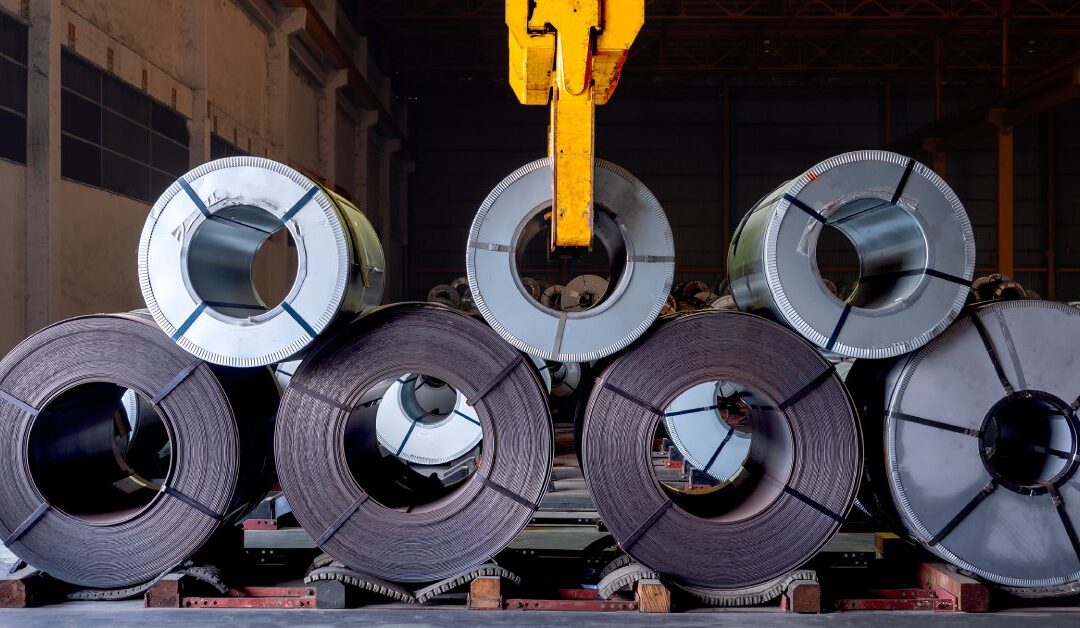Some metals are considered valuable due to their unique properties, and it’s beneficial to understand what makes these metals sought after. From stainless steel to nickel and bronze, let’s explore what makes these metals valuable and why they’ve become indispensable.
Stainless Steel
Stainless steel is prized for its corrosion resistance and aesthetic appeal. Often used in construction, transportation, and medical tools, its versatility stems from increased chromium content.
Variants like 430FR stainless steel, which is highly machinable and corrosion-resistant, see heavy use in specialized applications such as solenoids and valves. Additionally, meeting strict industry standards is a priority for many 430FR stainless steel suppliers, like us at Wieland Diversified.
By prioritizing performance, this material functions effectively across diverse uses. Its adaptability makes stainless steel one of the most frequently used materials on the market.
Bronze and Brass
Bronze and brass are alloys recognized for their strength. Bronze, typically a mix of copper and tin, is used in electrical connectors, bearings, and marine equipment due to its excellent corrosion resistance. Brass is also valued for its malleability and aesthetic qualities, often featured in decorative hardware and plumbing.
Nickel
Nickel’s significance in the industrial sector comes from its toughness, resistance to extreme environments, and ability to enhance other materials when used in alloys. Nickel is a primary component of stainless steel, but it’s also found in aerospace parts and batteries, most notably in electric vehicles. Its utility in high temperatures and chemically challenging environments explains its demand in energy-processing sectors.
Nickel plays a dual role in improving alloys and advancing cutting-edge technologies, highlighting its importance.
Aluminum
Aluminum is a lightweight, sturdy material widely used in industries from aviation to consumer goods. Its natural corrosion resistance provides durability with minimal maintenance. Excellent thermal and electrical conductivity qualities make aluminum crucial for energy transfer in electronics.
Its high formability makes it easy to shape and mold, so it’s ideal for automotive and construction applications. Unlike heavier metals like steel, aluminum reduces weight in production and improves energy efficiency, especially in transportation. Its recyclability and lower costs also make it an eco-friendly and economical choice for manufacturers.
These metals—stainless steel, bronze, brass, nickel, and aluminum—each provide distinct benefits depending on their properties. Their common usage highlights what makes these metals so valuable and why they command such high demand.
At Wieland Diversified, we understand the importance of sourcing high-quality materials for a range of applications. Our goal is to help businesses make the right choice every time.

